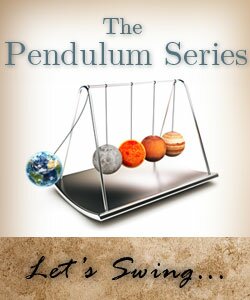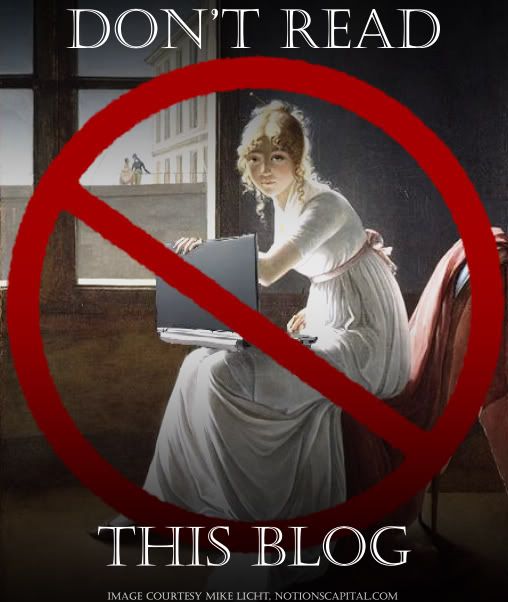The following was taken from Generations With Vision:
Those who disparage the roots of our country are like to malign John Calvin, the spiritual father of the English Puritans, the London Baptists, the Scottish Presbyterians, the Dutch Reformed, and the French Huguenots who settled the country in the 1600s and 1700s. Some have even marked Calvin as opposing religious liberty, when he was, in fact, the very root of the idea of separating the church from state control in the struggle at Geneva.
We are celebrating his 500th birthday this weekend in Boston with Vision Forum.
Calvin insisted on written constitutions as essential for governance (basing his argument on Samuel’s incorporation of a written document governing the King of Israel).
Calvin fought for religious liberty from the tyranny of the state, and carved out liberty for family and individual conscience.
Calvin introduced the idea of interposition, rendering spiritual support for our war for independence.
Calvin upheld the absolute centrality of God over reality, truth, and ethics, and retained a bulwark to the encroaching humanism of the last 400 years that turns the sovereignty over reality, truth and ethics over to man (and the state).
Let no one ever minimize the important role that John Calvin played in the formation of this country! One of my favorites of the American founding fathers, John Adams, writes this on the influence of this man of the millennium – John Calvin:
“After Martin Luther had introduced into Germany the liberty of thinking in matters of religion, and erected the standard of reformation, John Calvin, a native of Noyon, in Picardie, of a vast genius, singular eloquence, various erudition, and polished taste, embraced the cause of reformation. In the books which he published, and in the discourses which he held in the several cities of France, he proposed one hundred and twenty-eight articles in opposition to the creed of the Roman Catholic church. These opinions were soon embraced with ardor, and maintained with obstinacy, by a great number of persons of all conditions. The asylum and the centre of this new sect was Geneva, a city situated on the lake ancient, called Lemanus, on the frontiers of Savoy, which had shaken off the yoke of its bishop and the Duke of Savoy, and erected itself into a republic, under the title of a free city, for the sake of liberty of conscience.
Let not Geneva be forgotten or despised. Religious liberty owes it much respect.”









